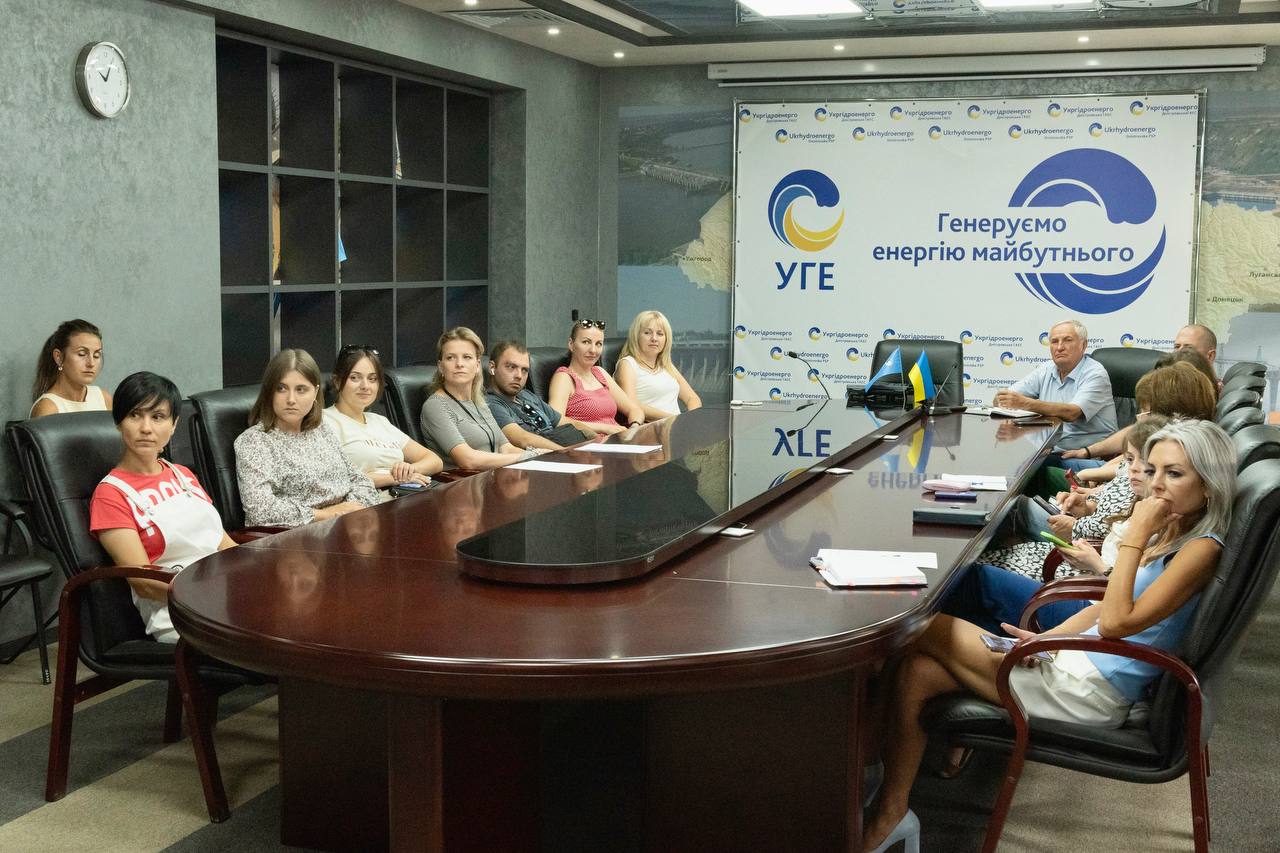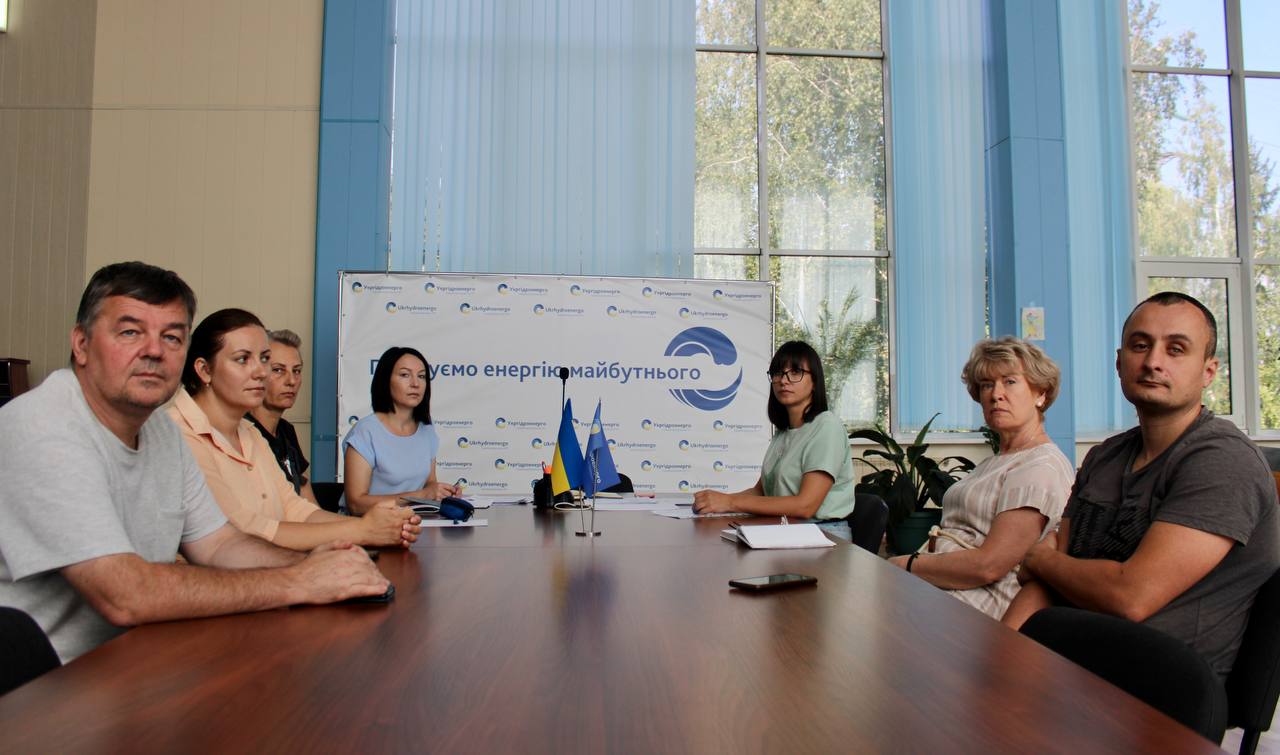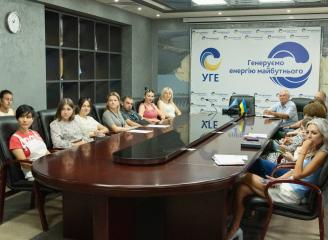Iryna Tytarchuk: Creating Secure Environments for Employees

The importance of establishing a secure environment for individuals within workplaces cannot be overstated, according to Iryna Tytarchuk. She emphasised this point during a seminar at Ukrhydroenergo, where discussions centred around strategies to combat domestic violence and the support employers should offer their employees. The meeting was held as part of Gender Equality and Women's Empowerment Month.
Domestic violence, a prevalent issue often undiscussed, falls under the Women's Empowerment Principles (WEPs) purview. While some consider this matter highly relevant, others regrettably view it as conflicting with "traditional" family values. However, it is a critical issue that needs attention.
Tytarchuk addressed the complex challenges that Ukrainian society faces, exacerbated by the comprehensive Russian invasion of Ukraine. These challenges include low incomes, unemployment, constant tension, and fear. These stressors contribute to familial distress, with statistics indicating that violence frequently results from such circumstances. Notably, during Ukraine's martial law period, 225 criminal investigations were initiated for sexual violence.
Iryna Tytarchuk, the seminar's moderator and UN Women National Consultant for women's economic empowerment in the private sector highlighted that domestic violence doesn't discriminate based on gender, age, urban or rural residence, educational background, or income level. Shockingly, every third woman becomes a victim of domestic violence; globally, around 736 million people have experienced physical or sexual violence. Beyond physical, psychological, and sexual violence, economic circumstances play a significant role. Approximately 1.4 billion women reside in countries where economic violence lacks legal recognition or protection. Financially dependent women are particularly vulnerable to domestic violence, often hesitating to seek help due to concerns about their and their children's well-being.
Tytarchuk pointed out that society often trivialises the issue, dismissing victims' experiences as mere imagination or psychological breakdowns. She stressed needing external support to validate these experiences as accurate and not imagined.
During the seminar, Tytarchuk elucidated mechanisms, guidelines, and recommendations for handling critical situations and safely assisting colleagues affected by domestic violence.
She highlighted the impact of domestic abuse on job performance—54% of employers acknowledge reduced work quality due to domestic abuse, and 56% associate it with absenteeism. Individuals enduring such violence often experience frequent absences and sick leaves, necessitating replacements. However, the goal should be to create a secure environment where individuals feel safe. Various services, including the Survivor Assistance Platform, are available to redirect and support victims and survivors of violence.
 Ukrhydroenergo maintains a confidential support hotline for its employees, offering psychological support to colleagues and their family members.
Ukrhydroenergo maintains a confidential support hotline for its employees, offering psychological support to colleagues and their family members.
This initiative aligns with ongoing workshops on implementing the Women's Empowerment Principles (WEPs) as part of the Month of Gender Equality and Women's Empowerment, supported by UN Women and the Office of the Vice Prime Minister for European and Euro-Atlantic Integration.

